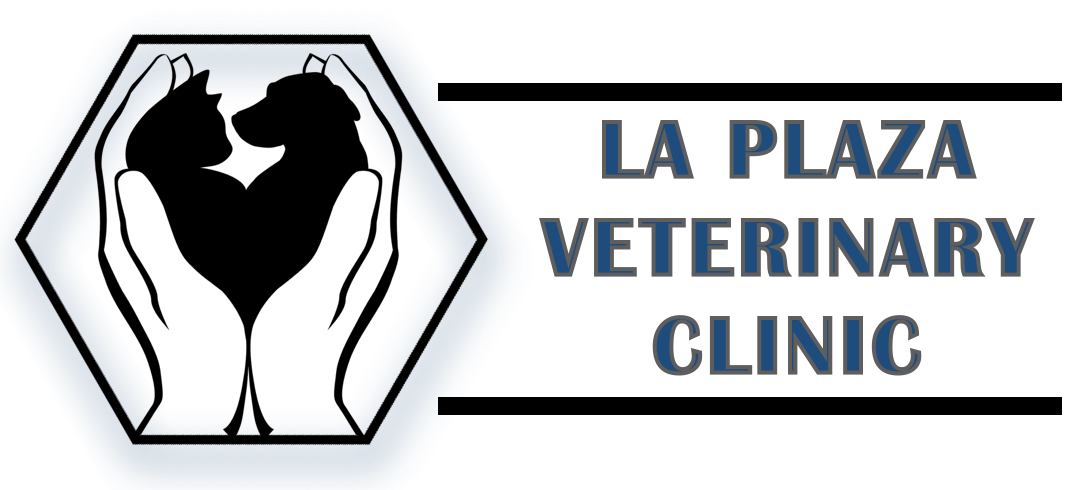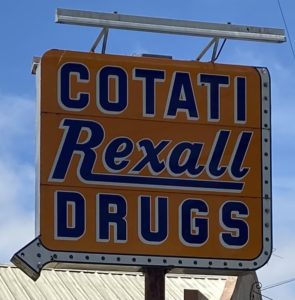Library
-
The Frenchie is a quiet but sociable dog who continues to love snoozing on human laps and otherwise cuddle at every opportunity.
-
Frostbite is the damage that is caused to the skin and other tissues due to extreme cold. The paws, ears, and tail are the most common tissues to be affected. If you suspect your dog has frostbite, you should seek medical attention immediately. Mild cases of frostbite usually resolve with little permanent damage, while more severe frostbite may result in permanent disfiguration or alteration of the affected tissues.
-
Gastritis in Cats
La gastritis se define como la inflamación de la mucosa gástrica. La palabra gastritis deriva del término griego gastro, que significa estómago y itis, que significa inflamación. Una gastritis puede ser aguda o crónica, y puede estar asociada a condiciones más graves.
-
Recommendations for New Kitten Owners
Nuestras felicitaciones por su nueva adquisición. Tener un gato puede ser una experiencia muy gratificante, pero además es una gran responsabilidad por muchos años. Esperamos que encuentre toda la información que necesite para que pueda tomar las mejores decisiones para su gatito.
-
Genetic (DNA) testing is readily available, whether you are using it for fun to find out what breeds your pet is made up of or if you are looking into possible medical conditions. DNA samples can be collected either from a cheek swab or a blood draw. Knowing which breeds your pet is made up of can help you and your veterinarian prevent or prepare for health issues in the future.
-
This is a lively dog with a playful personality that demands to be with people and in the thick of things—and isn't above a bit of high-energy mischief.
-
Shepherds are intelligent and can learn almost any task. They have big hearts and often attempt to perform a request even if it's beyond their physical ability.
-
Easy care in the grooming department, they are high maintenance mentally, demanding a lot of attention and daily play or work time. They are not fussy as to which, as long as it involves exercise and their favorite person.
-
The German Wirehaired Pointer is an intelligent, eager-to-please breed. Like most sporting dogs, he needs outlets for his considerable energy. He has a mind of his own and can be quite a clown.
-
When you bring a new puppy into your home, there is inevitably a period of adjustment. The adjustment will be easier if you plan how you will meet the puppy's needs and provide a positive experience, safe socialization, supervision, and structure. Puppies can be exhausting at times, but raising a puppy is intensely rewarding.



